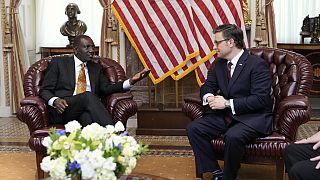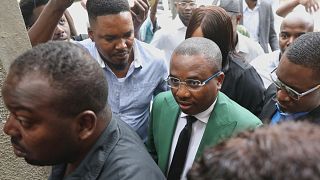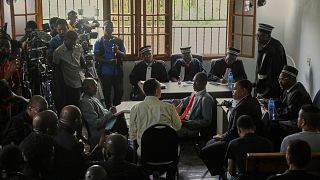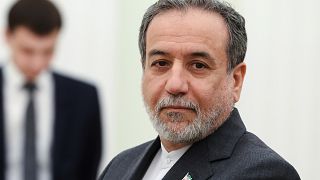Haiti
Kenyan police sent to check if they were ready to help stop violence in Haiti are coming back home. They said it's not the right time to go yet. They'll be back on Monday.
A senior Kenyan official who declined to be named as they are not the official spokesperson said the bases are still under construction and crucial resources including vehicles are needed before deployment of the first 200 police officers from Kenya can take place.
The deployment was due to start this week, but President William Ruto said it would be delayed for three weeks.
The base where the police will operate from is about 70% done and there is a need for secure stores for the armory, according to the senior official, who was in the advance team.
The officials arrived in Haiti on Tuesday, met the Haitian police on Thursday and the transitional presidential council on Friday.
U.S President Joe Biden on Thursday expressed deep appreciation to Ruto, who was on a state visit, for the deployment to help quell gang violence in Haiti.
The United States has agreed to contribute $300 million to a multinational force that will include 1,000 Kenyan police officers and others drawn from Jamaica, the Bahamas, Antigua and Barbuda and other countries.
Haiti has endured poverty, political instability and natural disasters for decades. International intervention in Haiti has a complicated history. A U.N.-approved stabilization mission to Haiti that started in June 2004 was marred by a sexual abuse scandal and the introduction of cholera, which killed nearly 10,000 people. The mission ended in October 2017.












Go to video
Ruto's $9M mega church sparks outrage amid Kenya's crisis
01:40
Kenya's president defiant, backs security forces after deadly protests
01:05
"Shoot in the leg": Ruto orders Kenyan police to curb protest vandalism
01:49
Broken windows and lootings: Nairobi businesses deal with protest aftermath
00:37
UN Human Rights Office says 'deeply troubled' by Kenya protester deaths
Go to video
AI videos falsely show Kenyan President resigning following deadly protests